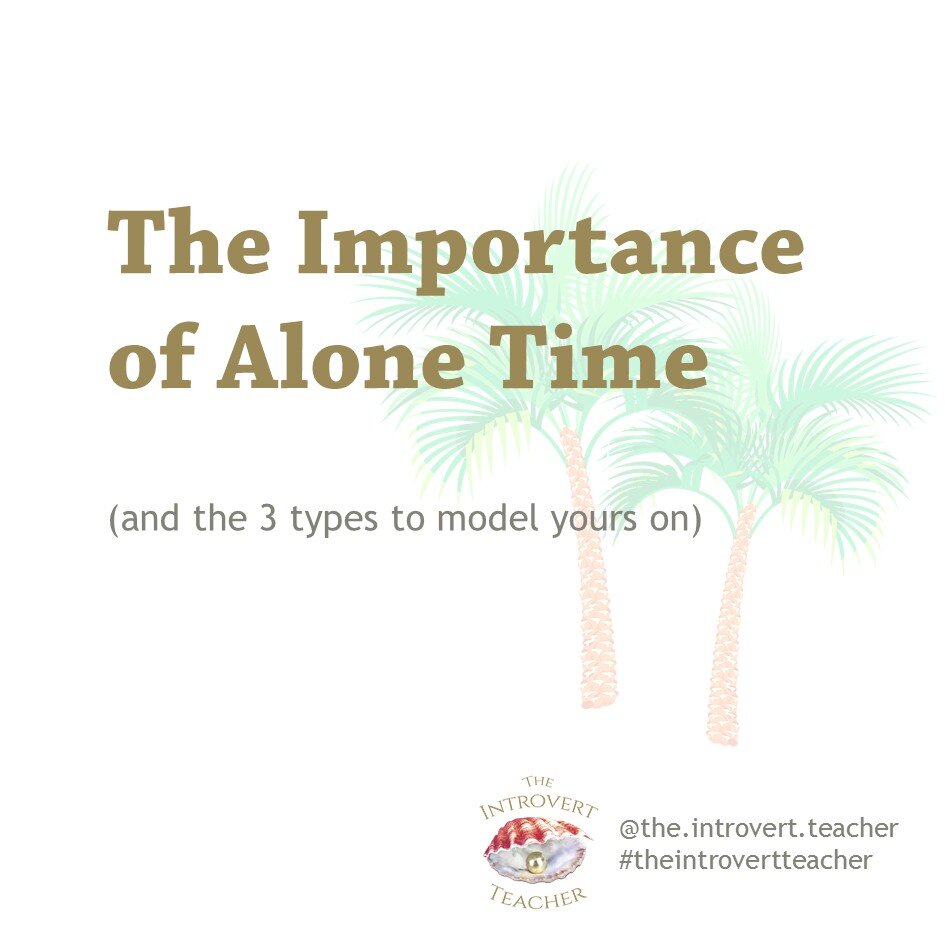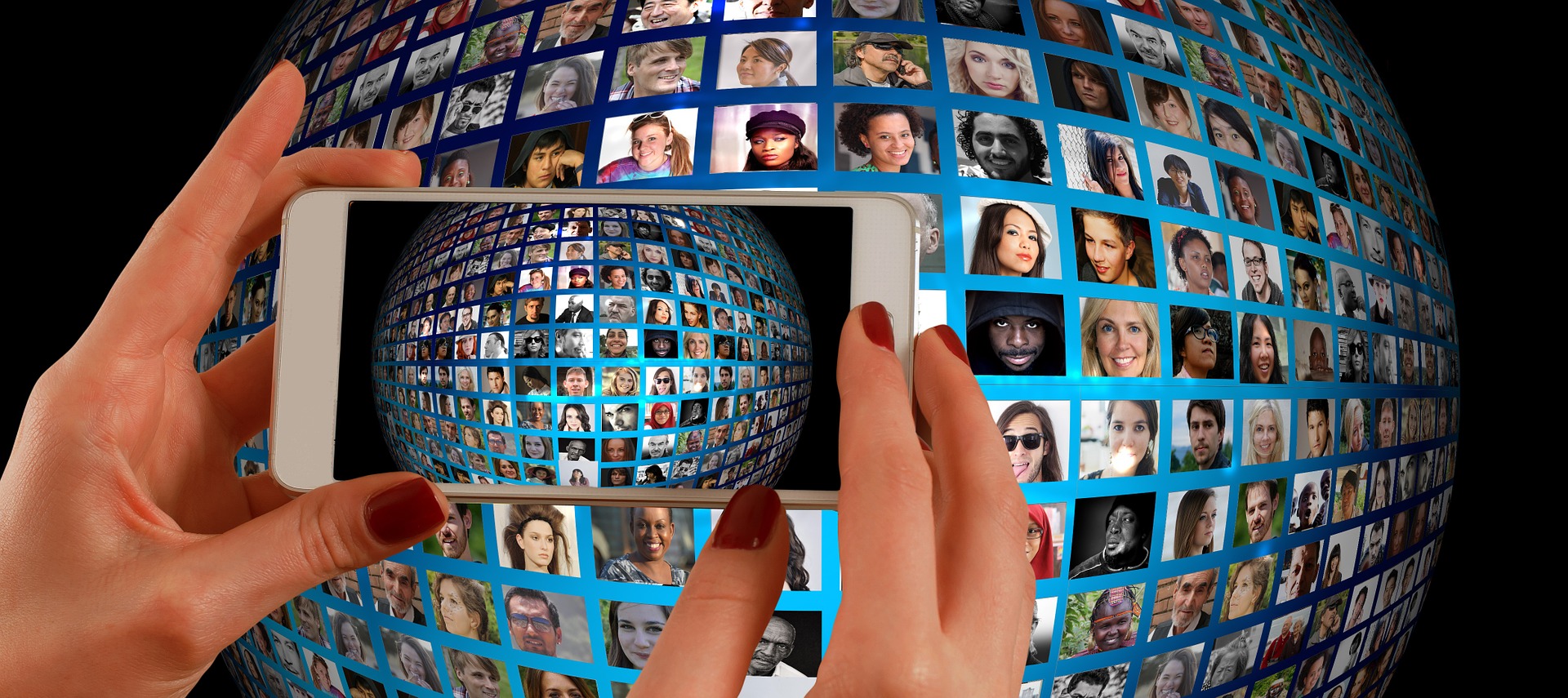A question worth asking is, "Why did the Chinese government clamp down on the Education Sector?"
Depending on my vantage point, I may see one or more of the following:
1) The government there wants higher control of state education.
Let's be honest here. State and state-sponsored education exists to serve the state, not the individual. Controlling what the upcoming generation learns means that they are more likely to be loyal to the present government.
Notice that it's the private companies that are most affected by this move.
By forcing these companies into non-profit, they likely calculated that many will either go out of business or bow out. Those who stay, because they are now non-profit, will be returning what they make back to the country (and by extension, the government).
Think of this as a "If you stay, you have to support what we want. If you don't want to support what we want, you have to leave."
It's no secret that the government there relies on heavy-handed tactics to get what they want. It certainly gets things done, but it also causes a lot of problems and unrest.
2) There is an aspect of face-saving here
We all know that the concept of "face" is very important in Asia, especially East Asia.
Allowing rampant tutoring is like admitting that the state-sponsored education system is not "good enough", that it's insufficient or ill-equipped to educate the upcoming generation.
That isn't something they'll want to admit.
3) Their official reason has to do with money and birth rates
Instead of having the money go into the private companies' coffers, wouldn't it stimulate the economy more if more people bought the tonnes of products that China produces?
And, if there are more babies, there'll be more future consumers of these products.
Redirecting funds is a high priority in any organisation that leads. This may simply be their solution of shortest pain.
I don’t claim to be an insider or expert in Chinese politics or state systems, but these things aren’t that difficult to see.
I can’t be sure of what the future holds for EdTech companies in China, but I hope that they’ll be able to recover, even if not to 100%.








